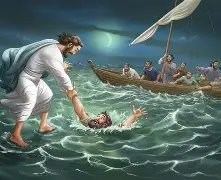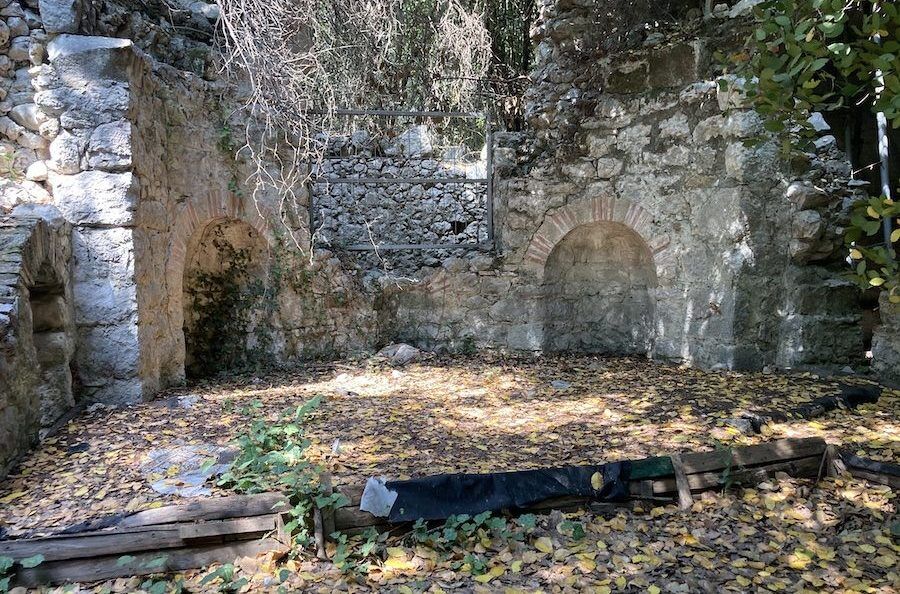A pastor once asked an older farmer—dressed in his worn bib overalls—to say grace before the morning meal.
“Lord, I don’t like buttermilk,” the farmer began. The visiting pastor cracked one eye open, wondering where this prayer was headed.
The farmer continued, loud and clear, “Lord, I don’t care much for lard either.”
The pastor shifted uncomfortably.
“And Lord,” the farmer went on, “You know I really don’t like raw white flour.”
Continue reading “Biscuits”








